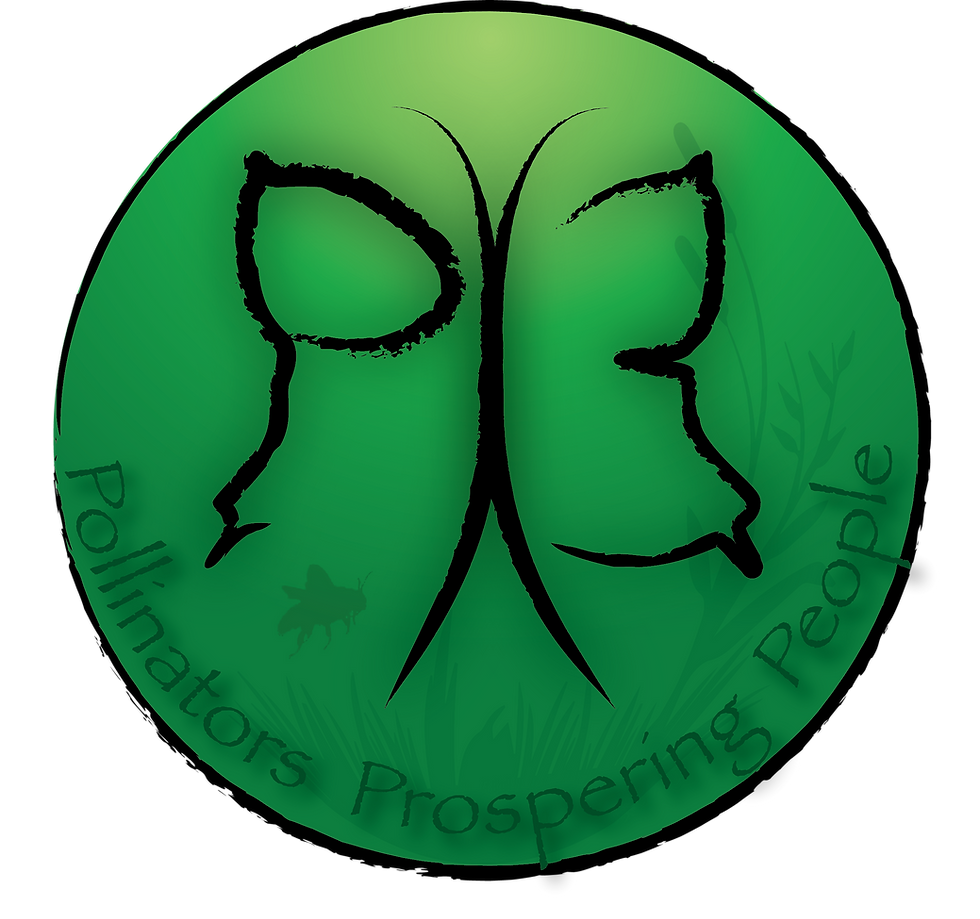Doing Good For Do-Gooders
- PX3 Team

- May 13, 2019
- 3 min read
M. Fegler
PX3 would love to hear what you think OR if you have any questions. PX3 hopes to see all of you at Calvert Brewing Company Trivia Night on May 15, 2019 from 7 pm - 9 pm. Get to know PX3 members, have a great craft brew, win prizes with your keen trivia skills. PX3 Trivia will consist of three categories: Maryland Native Bees, the Honey Bee, & Your Garden Potential. Join us and test your knowledge, learn fun facts and have some really good beer. For the first 15 days of May 2019 PX3 will post blogs that we will then draw trivia questions from. We welcome you to visit daily and take a look! Thanks to Calvert Brewing Company for partnering with us for this fun event
Most people are aware of the famed honey bee and the services they provide. Pollinators have been reported to serve 29 billion dollars annually to agricultural services; 19 billion of these services are credited to Apis meliferus, the European honey bee. Pollination is considered one of the most important ecosystem services to human well being (Costanza et al. 1997, Pimentel et al. 1997) 35% of the world’s crops are animal pollinated with 75% of the world’s 115 principle crops are dependant or heavily benefit from animal pollination. In 2000 native bees pollinated approximately $3 billion in crops (Xerces, Farming for Bees, 2015). There are some 4,000 native bee species in North America with Maryland having over 400 of it’s very own native bee population.

In an earlier blog we discussed the connection between pollinators and natural space success. Natural spaces that provide safety, health and wellness ecosystem services to the human population. Agricultural services brings the connection home as it were; we can utilize this tremendous positive consequence, of just going about their business, right in our own edible wonderland. We also discussed previously how to host these do-gooders in all four seasons.

Today I am want to highlight just a few of my favorites. We can start with the bumble bee briefly since I have these adorable natural wonders story ‘coming soon’ in a future post. Bumble bees, genus Bombus, have huge impacts in a edible garden due to several behaviors. One such behavior is the preference to stick with one species of plant to feast on any given collection event. This means they are excellent at sticking to your blueberries, watermelons, tomatoes, peppers and so many others until they run out of that resource; much like being a person who clears on part of their meal at a time and doesn't prefer food to touch.

Native bees pollinate specific crops far more effectively than honey bees on a bee-per-bee basis (Xerces, Farming for Bees, 2015). One such example is the orchard bee, aka mason bee, technically in the scientific group Osmia. The bees in Osmia often favor plants in the Rose family which includes many of our fruit bearing trees, grown in orchards hence the name. All of you ball players who have replaced tobacco with seeds Melissodes, a long horned bee group, is well known to have a strong connection to sunflower pollination alongside its doppelganger, Svastra or sunflower bee. Let us not forget about the peppy Peponapsis OR squash bee; this means pumpkins ladies and gents that favor the hallow eve celebratory gourd. There are the long tongued digger bees, Anthomorpha, that specialize in pollinating fruit with very deep flowers, and are credited with high service value to our beloved cherry tomatoes. One more favorite, that has been a star in the fresh tidal estuary study PX3 members are involved in, is the Ptilothrix bombiformis, specialist to the Hibiscus OR mallow. This may not seem all that relevant but the historic connection to a favorite fire-side treat is fun. In the wetlands there is what we call the marsh mallow; you likely see where I am going with this. The native americans seasonally living on the waters edge used to cook the roots of this bog beauty as a sticky, sweet treat for their children (I bet themselves too….I mean come on). The Hibiscus bee or Ptili as we have started referring to it is a specialist to this original marshmallow pollinator.
The wonders never end and I invite you to join PX3 in our workshop series that starts with Bumble Bees, then Solitary Bees, rounded up with the discovery of Caterpillars to Butterflies. These workshops are being held in two new venues in the 2019 season, Homestead Gardens and Adkins Aboretum. Check out our website for dates and time! Hope to see you there ;)
.png)






Comments